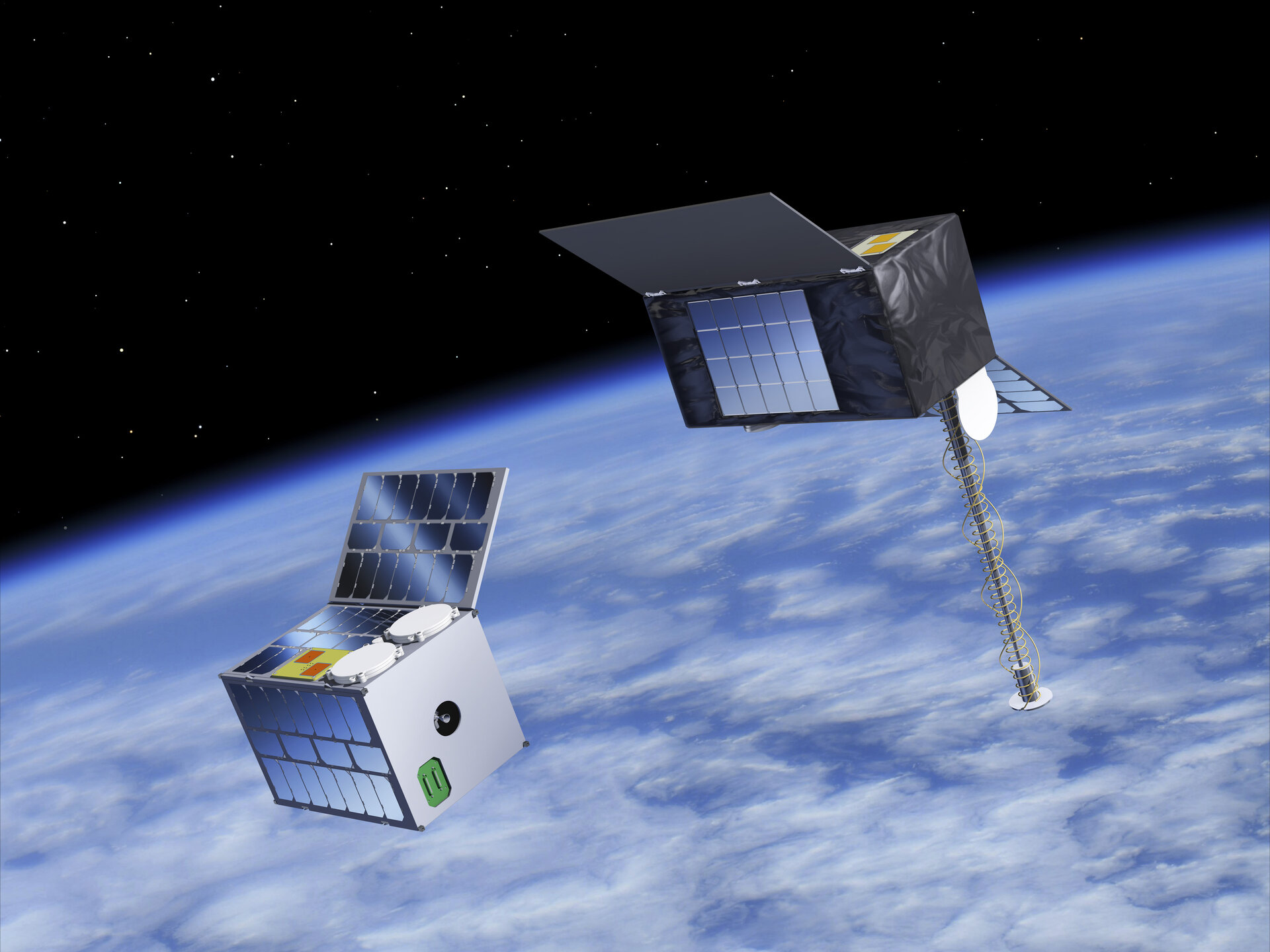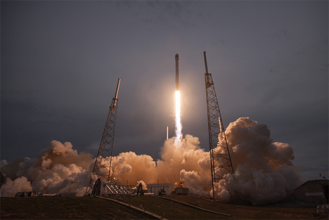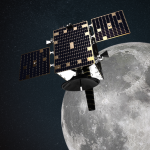The European Space Agency (ESA) has initiated two innovative navigation missions, Genesis and LEO-PNT, as part of its FutureNAV program, with contracts totaling €233 million awarded to several European entities. This strategic move is aimed at addressing the growing demand for more resilient and precise navigation solutions in Europe.
Javier Benedicto, ESA’s Director of Navigation, highlighted the significance of these missions in meeting the burgeoning needs for enhanced navigation and ensuring Europe’s leadership in the vital space-based downstream market.
Genesis, with a contract value of €76.6 million, involves a consortium led by OHB Italia S.p.A., tasked with the comprehensive development and operation of the Genesis satellite and its payloads, supported by contributions from Italy, Belgium, France, Switzerland, Hungary, and the UK. The satellite is slated for a 2028 launch, with subsequent years dedicated to scientific exploitation. Genesis aims to significantly improve the International Terrestrial Reference Frame (ITRF), offering unprecedented precision for navigation and a myriad of Earth sciences applications.
For the LEO-PNT mission, ESA has allocated €78.4 million for each of two contracts for the development of in-orbit demonstrators. These low Earth orbit positioning, navigation, and timing (LEO-PNT) satellites will explore new signals and frequency bands, promising enhanced resilience, accuracy, and speed in navigation. The projects are led by GMV Aerospace and Defence S.A.U. and Thales Alenia Space France S.A.S, involving a broad consortium of over 50 entities from 14 countries. The first LEO-PNT satellite is expected to launch within 20 months from the project’s commencement, with the complete constellation operational before 2027.
Genesis is designed as a flying observatory to refine the ITRF to an accuracy of 1 mm and a stability of 0.1 mm/year, serving as a crucial reference for all space- and ground-based observations. This enhanced reference frame will directly benefit satellite-based systems and applications across various sectors, including aviation, traffic management, and autonomous vehicles, and will have broader implications for meteorology, natural hazard prediction, and climate change monitoring.
The LEO-PNT mission aims to establish a small constellation of demonstration satellites to test novel navigation signals and interoperability with global navigation satellite systems like Galileo, offering improved signal robustness and extending navigation services to challenging environments such as deep urban areas and indoors. This mission will explore the potential of LEO constellations in supporting a wide range of applications, from transportation and critical infrastructure to mobile devices and asset tracking, leveraging advancements in communication standards such as 5G/6G.
These missions, approved during ESA’s Ministerial council in 2022, reinforce ESA’s commitment to staying at the forefront of satellite navigation technology and addressing future trends and needs in the positioning, navigation, and timing domain.






